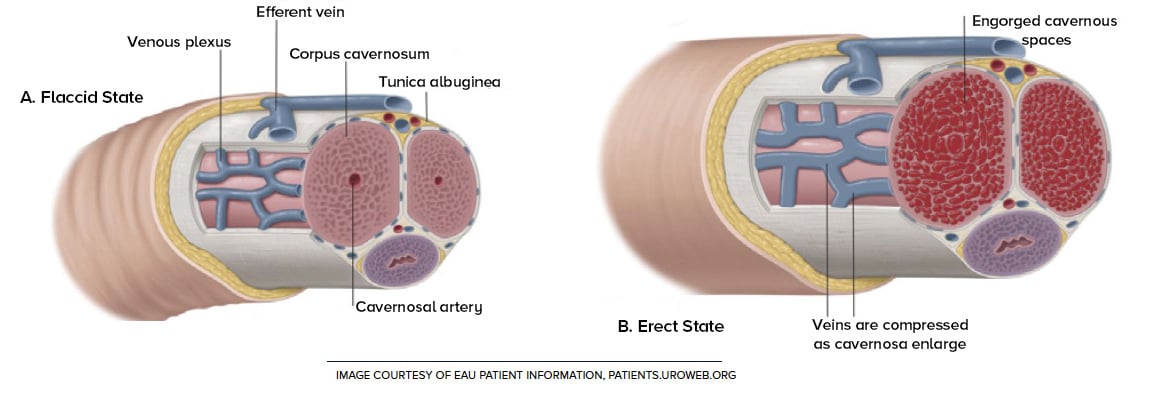Recommended textbooks, readings, and resources for Emergency Medicine students
and residents
Gus M. Garmel, MD, FACEP, FAAEM
Co-Program Director, Stanford/Kaiser EM Residency Program
Sept 10, 2008
A. Major (and expensive) textbooks in Emergency Medicine (some of these are available at no charge on-line through hospitals or medical schools)
- Adams' Emergency Medicine (Saunders/Elsevier), 2008
- Rosen’s Emergency Medicine: Concepts and Clinical Practice (6th ed.), 2006
- Harwood-Nuss’ Clinical Practice of Emergency Medicine (4th ed.), 2005
- Tintinalli’s Emergency Medicine: A Comprehensive Study Guide (6th ed.), 2003
B. Textbooks for Students and Residents in EM (and off-service)
- Roppolo, et al. Emergency Medicine Handbook: Critical Concepts for Clinical Practice (“baby” Rosen), , 2006
- Mahadevan, Garmel: An Introduction to Clinical Emergency Medicine: A Guide for all Practitioners, Cambridge University Press, 2005 (American Medical Writers’ Association Textbook Award Winner 2006, Physician Category)
- Introduction to Emergency Medicine, Mitchell/Medzon, 2005
- Hamilton’s Emergency Medicine: An Approach to Clinical Problem-Solving (2nd ed.), 2003
- Emergency Medicine: Just the Facts, 2/e (“review” Tintinalli) – Ma, Cline, 2004
- Keim’s Emergency Medicine – On Call (McGraw-Hill), 2004
- First Exposure: Emergency Medicine Clerkship, 2004
C. Question books for EM
- Peer, ACEP publication
- Wagner MJ, Promes S: Last Minute Emergency Medicine, 2007
- Markovchick/Pons: Emergency Medicine Secrets, 3rd ed., 2003
- Emergency Medicine Examination & Board Review, Promes, 2005.
- Med-Challenger EM Comprehensive (CD-ROM questions and images)
D. Textbooks Relevant to EM Practice
- Chin: Emergency Management of Infectious Disease, Cambridge, 2008
- Wills Eye Manual: Office and Emergency Room Diagnosis and Treatment of Eye Disease (5th ed)
- Auerbach’s Wilderness Medicine, 5th ed., 2007
- Roberts/Hedges: Clinical Procedures in Emergency Medicine (4th ed.), 2003
- Knopp KJ, et al., Atlas of Emergency Medicine, 2nd ed., 2002
- Admission & Discharge Decisions in Emergency Medicine, Frank/Jobe, 2002
- The 5 Minute Emergency Medicine Consult (Rosen, et al.), 3rd ed., 2006
- Case Files: Emergency Medicine (Toy, Simon, Liu et al), Lange, 2004
- Color Atlas of Emergency Trauma (Mandavia, Newton, Demetriades), 2003
- Atlas of Emergency Procedures (Rosen, et al.), 2001
- Emergency Procedures and Techniques (4th ed.), Simon/Brenner, 2001
- Color Atlas of Emergency Department Procedures, Custalow, 2004
- Harris and Harris, Radiology of Emergency Medicine (4th ed.), 2000
- ECGs for the Emergency Physician, Mattu/Brady, volumes 1, 2 (BMJ)
- ECG in Emergency Medicine and Acute Care, Chan et al, 2004
- Electrocardiography in Emergency Medicine, Mattu, Tabas, Barish, 2007 (ACEP)
- Emergency Ultrasound (several excellent books exist on this topic)
E. Emergency Medicine publications
- Academic Emergency Medicine (SAEM-sponsored)
- American Journal of Emergency Medicine
- Annals of Emergency Medicine (ACEP-sponsored)
- Critical Decisions in Emergency Medicine (ACEP publication)
- Emergency Medicine Clinics of North America
- Emergency Medicine Reports (not a journal, but nicely written)
- Journal of Emergency Medicine (AAEM-sponsored)
- Review articles on EM topics in quality peer-review journals, such as JAMA or NEJM
F. Internet Resources
- Website addresses for EM organizations
- www.aaem.org (American Academy of Emergency Medicine)
- www.abem.org (American Board of Emergency Medicine)
- www.acep.org (American College of Emergency Physicians)
- www.emra.org (Emergency Medicine Residents’ Association)
- www.saem.org (Society for Academic Emergency Medicine)
- Website addresses for EM topics
- www.emedhome.com (sponsored by Comp Health, EM home page)
- emedicine.medscape.com/emergency_medicine (excellent on-line emergency medicine textbook)
- www.ncemi.org (National Center for Emergency Medicine Informatics)
- www.cochrane.org (Cochrane collaborative database)
- CDEM – EM Clerkship Primer: Manual for Medical Students
- Web-based video collections (procedures, such as in NEJM or YouTube)
G. Miscellaneous resources
- ECG resources
- Radiology websites and resources
- Antibiotic/pharmacologic references (includes Sanford, EMRA Antibiotic Guide, ePocrates, Tarascon pharmacopoeia)
- Palm-based electronic textbooks and resources
- Medical school resources
- Radiology teaching files/library
- ECG teaching files
- Dermatology photos
- Mentors/Advisors - medical schools, residency programs, virtual advisor (SAEM, EMRA)
I hope this list is helpful to students. There are many other excellent resources available
using PubMed, EM websites, and areas of information within EM organization links.
Happy reading, Gus
Related Content

Aug 25, 2017
Your Home
The Emergency Medicine Residents' Association EMRA is the voice of emergency medicine physicians-in-training and the future of our specialty and the largest and oldest independent resident organization in the world. EMRA was founded in 1974 and today has a membership over 18,000 residents, medical students, and alumni.






